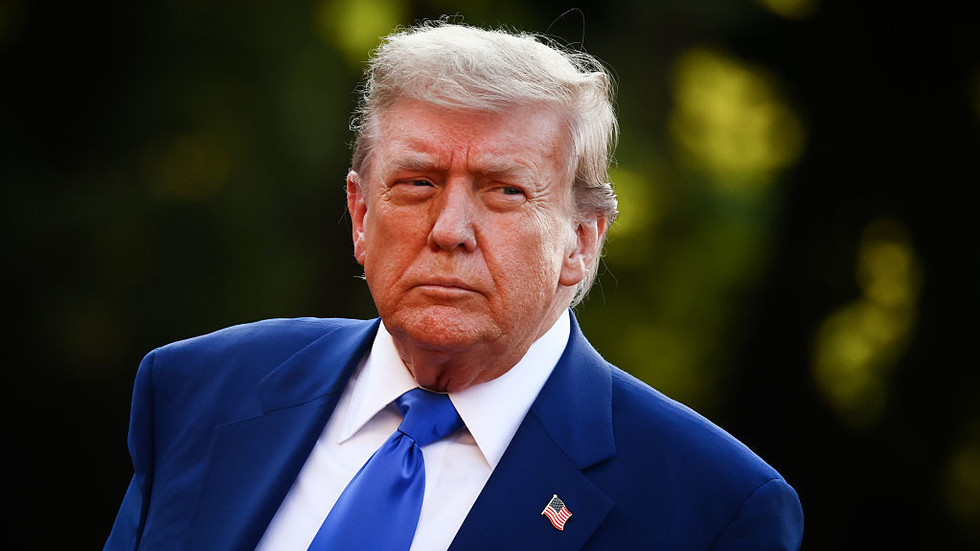Customs and Border Protection has confirmed that, no, agents did not stop a Norwegian traveler who showed them a meme of a bald Vice President JD Vance.
“Fact Check: FALSE,” the CBP wrote on X. “Mads Mikkelsen was not denied entry for any memes or political reasons, it was for his admitted drug use.”
And no, the agency is not referring to Danish actor Mads Mikkelsen, but rather the similarly named 21-year-old who was denied entry at Newark Liberty International Airport on June 11.
The story circulating online — first in Norwegian newspaper Nordlys and then picked up by British tabloids — claims that during Mikkelsen's encounter with the Department of Homeland Security, agents took his phone and found a meme depicting Vance as a bloated, smooth, bald man staring off into the distance.
Mikkelsen claims that the officials threatened to fine him $5,000 or send him to prison for five years if he refused to provide them with his phone password. The tourist ultimately agreed to hand over his information, allowing agents to look through his phone.

He says that’s when they saw the meme.
After the agents looked through his phone, he said he was denied entry to the United States and was sent back to Norway.
The reports picked up enough steam in headlines and on social media to justify CBP putting out a statement denying parts of the story.
Homeland Security deputy secretary Tricia McLaughlin called the story “false” and “BS” in a post on X. Like the CBP announcement, she insisted that Mikkelsen was denied entry after admitting to using drugs.
Mikkelsen does acknowledge that he was questioned about his use of drugs during the incident. He said DHS agents saw a second photo on his phone, which was a wooden pipe that he’d made for himself.
The agents also reportedly asked him about drug smuggling, terror plots, and right-wing extremism, and Mikkelsen claims he was forced to provide the agents with a blood sample.
While Mikkelsen and CBP may not agree on what precisely caused his denial of entry to the country, both agree that there was an encounter.
One question we do not have an answer to is why Mikkelsen was targeted in the first place for heightened scrutiny.
President Donald Trump has effectively turned the entire federal government into an immigration enforcement agency and given DHS the flexibility to treat every foreign-born individual visiting the United States like a probable criminal threat.
In April, DHS announced its agents would begin screening immigrants’ social media accounts for so-called “antisemitic activity,” which under the Trump administration could mean anything from neo-Nazi sentiments to voicing opposition to Israel’s war in Gaza.
All student visa applicants must now change the privacy settings on their social media profiles to “public.”
A recent State Department cable directs diplomats to review social media profiles for “any indications of hostility towards the citizens, culture, government, institutions or founding principles of the United States.”
In recent months, reports of increased denials, detentions, and heightened scrutiny of visitors by DHS agents have made headlines.
In one instance, a French researcher was denied entry after customs agents found a “personal opinion on the Trump administration's research policy” on his phone. The denial earned a public scolding by a French minister.
Last week, an Australian writer was sent back to Melbourne after DHS agents in Los Angeles questioned him over his views on the Israeli treatment of Palestinians.
The general political tension and instability dovetailing with heightened security screenings have led several nations — including China, Denmark, and Finland — to issue travel warnings advising its citizens to consider if a trip to the United States is worth the risk of harassment or violence.

 4 hours ago
1
4 hours ago
1








